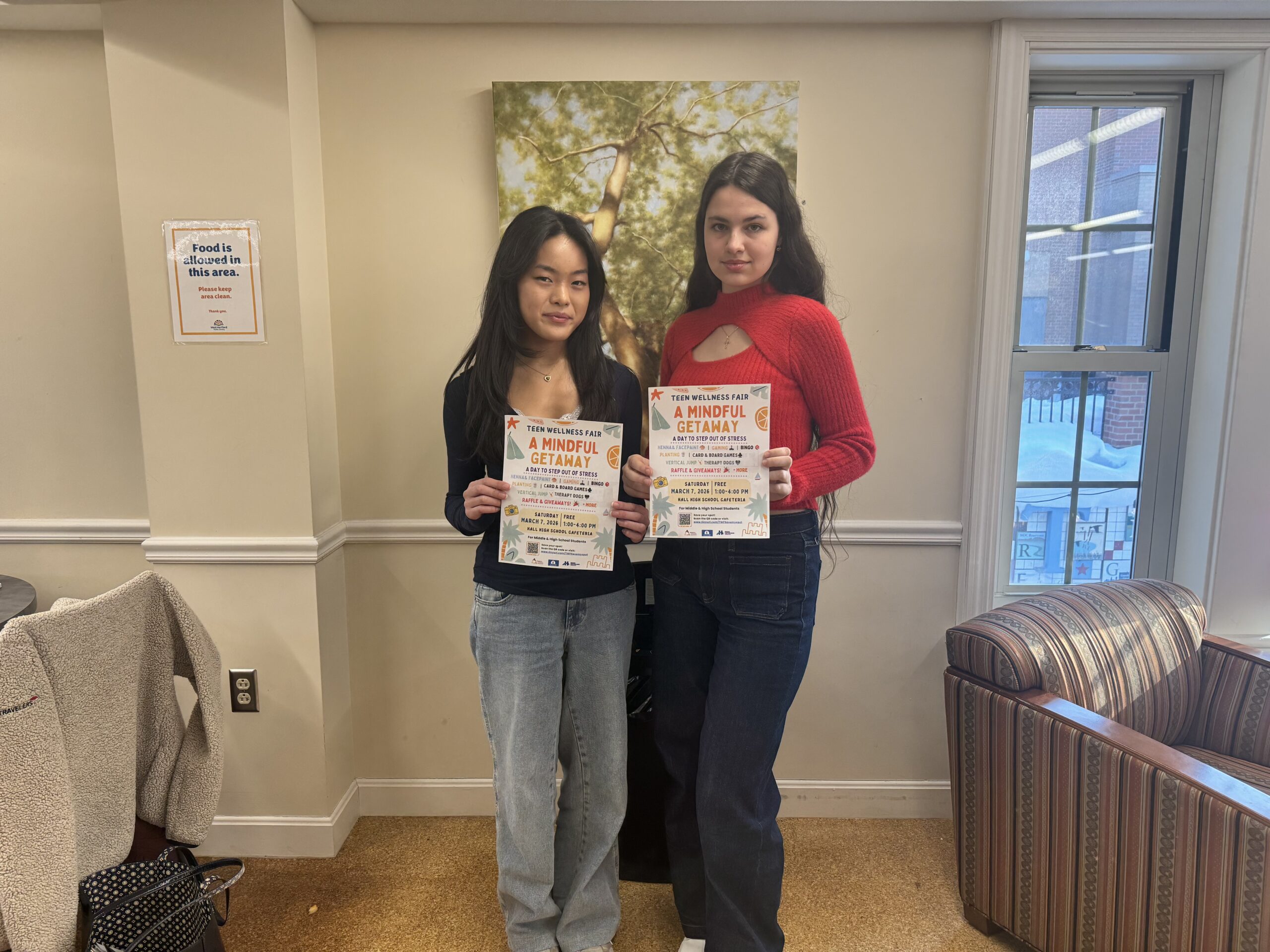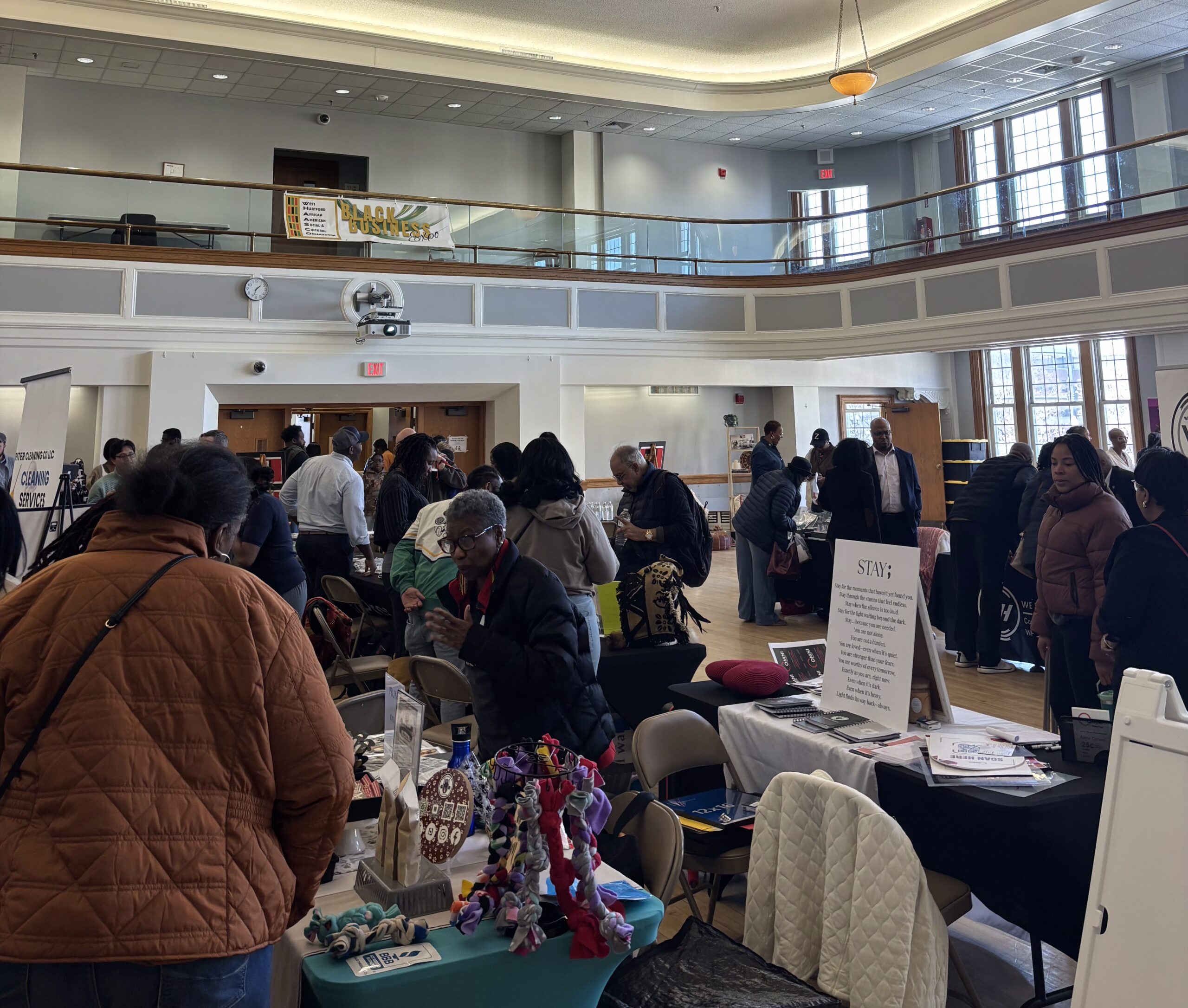Understanding Passover and the Passover Seder

Audio By Carbonatix

Seder plate. Courtesy of Mandell JCC
Passover begins this year at sundown on Friday, April 19, 2019, coinciding with Good Friday and Easter, and leaving interfaith families to balance the observation of the holidays.
Submitted by the Mandell JCC, West Hartford
Considered one of the most widely observed and important holidays in the Jewish religion, Passover, which is known as Pesach in Hebrew, is an eight-day celebration of freedom.
Beginning Friday, April 19 at sundown, Passover tells the story of the Jewish people’s exodus from slavery in Egypt. It is a story that has something for everyone: an evil leader, magic, and great architecture.
The highlight of Passover is a communal meal called the Seder, a word that translates to “order.” The Seder, however, is not just a meal, but a complex evening that includes four glasses of wine, a reference to four sons, four questions, and limitless opportunity to learn. Brilliantly, the four types of sons in the Haggadah – the text recited at the Seder – are wise, wicked, simple, and one who does not even know enough to ask a question. In fact, the four questions are traditionally asked by the youngest child, who is often the most curious.
Speaking of curiosity, with Passover being a holiday ripe with symbolism, many Jewish families will incorporate modern metaphors in their Seder, including for some this year adding “shoelaces” to the Seder plate, representing the more than 92,000 migrants and refugees who were detained at the U.S.-Mexico border and forced to remove their shoelaces. Some may add an “orange,” to bring awareness to those Jews who are marginalized, and some may add fair-trade chocolate, which represents sustainable environmental practices.
All Seders may have different interpretations, but the Seder plate is undeniably the centerpiece of any Seder. It has space for six staple items, central to the story of Passover:
Zeroa (Lamb Shank Bone) – The only element of meat present on the Seder plate, the shank bone symbolizes the Paschal lamb sacrifice. Some vegetarians may use beets.
Beitzah (Egg) – Not to be eaten, the egg represents the sacrificial offerings and is a symbol of spring, the season in which Passover is always celebrated.
Maror – Usually horseradish, the maror is like chazaret symbolizing the bitterness of slavery.
Chazeret – Bitter herbs, often romaine lettuce, which is combined with matzah and charoset symbolizing the harshness endured.
Charoset – A sweet mixture of apples and wine, charoset reminds us of the mortar used by the slaves to build bricks.
Karpas (Bitter Herb) – Typically, parsley is dipped into salt water to remind us of the tears of the Israelites.
As we better understand the traditions of a Passover Seder, one question many interfaith families may be grappling with this year is how do we celebrate Pesach when it falls on Good Friday? For those Jews in interfaith marriages, how do they manage the Jewish holidays when they fall in concurrence with other Christian holidays?
Passover presents a particularly tricky conundrum for these families because Jews typically refrain from unleavened bread, eating matzah and other Kosher for Passover foods. Regrettably, many of the delicious foods eaten on Easter are not kosher for Passover.
So, how do families choose to honor the cultures of both parents? Which holiday do you decide to celebrate on what day? How does one handle Easter Sunday? Do you go to Mass? Do you search for Easter eggs filled with kosher for Passover marshmallows?
When two major holidays fall on one day or weekend, how does your family choose to celebrate? The JCC’s Interfaith Connection program seeks to help families think about these questions and find camaraderie in the answers.
However you chose to celebrate this year, the JCC wishes you a wonderful holiday.
For more information on Jewish programming and interfaith connections at the JCC, contact Danielle Moghadam [email protected], 860-236-6366.
Like what you see here? Click here to subscribe to We-Ha’s newsletter so you’ll always be in the know about what’s happening in West Hartford!



